If you’re not a religious person (like me), you may well scoff at the word ‘God’. But what if the concept of God predates religion and can be explained through logical science?
According to Monothology, a new philosophy that dispels our illusion of autonomy and demonstrates a more accurate perception of reality through established and groundbreaking scientific concepts, God can be described as the process of the universe emerging (or nature unfolding) as we perceive it.
Our ‘Sense of God’ is our instinctive awareness of that process as one cohesive framework. Essentially, Monothology describes our Sense of God as an innate awareness of a higher order-governed, interconnected reality.
By ‘higher order’ we simply mean that forces that are not visible to the naked eye govern the inner workings of the universe (gravity, electromagnetism, nuclear coherence, plus countless other phenomena that we’re not even close to understanding).
By ‘interconnected reality’, we refer to the fact that we take for granted that everything in our universe belongs to the same existence. We all share the same world.
This awareness, or our Sense of God, may sound obvious. However, most people today tend to view themselves as completely autonomous, in full control of their thoughts, actions and outcomes, separate from all other phenomena in the cosmos.
Due to religious interpretations of God being a deity or something supernatural, those who reject religious explanations (as I still do) also reject any concept of God. But this illusory sense of autonomy we’ve replaced it with opens us up to judgment (ourselves and others), apathy, loneliness and narcissism.
We feel perpetually incomplete – and we fall prey to the belief that material success will solve all our problems, even though they so often fall short of satisfying our fundamental human needs. Nevertheless, while we feel we’re falling short of our potential, we put our suffering down to a lack of material success.
Monothology proposes that by realigning with a more accurate and balanced perception of ourselves that factors and appreciates external control and the ‘bigger picture’, we can dramatically improve our wellbeing and future outcomes, both individually and collectively.
All this sound like a bunch of hocus pocus so far? Here’s how Monothology fits our Sense of God into our ‘measurable’ reality through various established concepts.
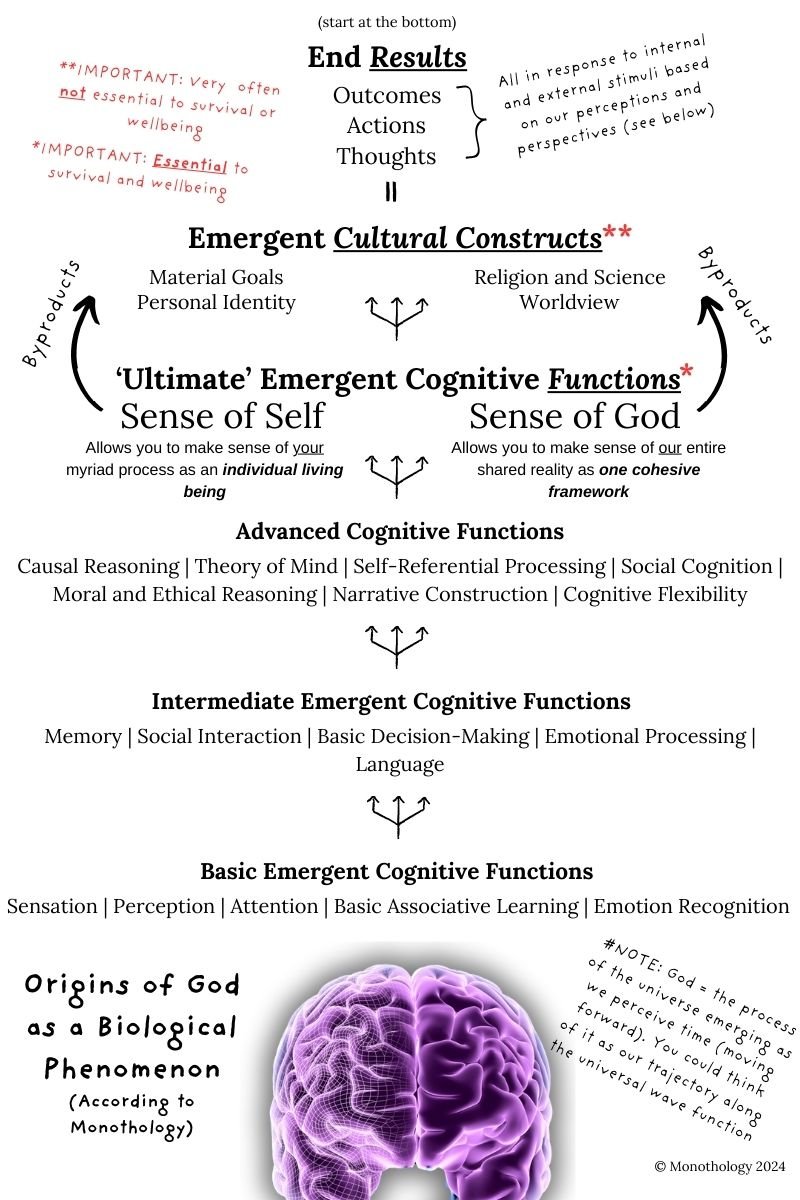
The Human ‘Operating System’
We believe our mind controls our body because our thoughts so often precede our actions. However, the dynamic system that is our entire body – including our brain and mind – is actually in constant motion without our conscious awareness. Some studies suggest that our conscious awareness actually ‘catches up’ with what our dynamic system has already decided to do (read our article on free will, quantum mechanics and the latest breakthroughs in quantum consciousness for more).
Just as a sunflower opens its petals on sunny days to maximise UV absorption, every human action and thought occurs in response to the underlying mechanisms that power us as organic living beings in response to our environment.
Our inner monologue is actually an emergent feature of our powerful brains. Rather than being the director of our actions, it’s more of a commentator on what the entire system is doing.
When you deliberate a decision, it may seem like your inner monologue is doing all the work. However, the interconnected regions of your brain are hard at work processing vast amounts of data based on your preexisting knowledge, perceptions and environment. Your inner monologue arises from these processes, but it doesn’t dictate them.
The perception of humans having control over their inner monologue’s content is a recent cultural phenomenon, not a fact of reality. Before the Renaissance, it was more common for ancient humans to perceive their inner monologue as externally controlled or guided. According to some sources, the move from a collective identity to a personal identity based primarily on individual interests gained momentum following the industrial revolution.

Humans have always been innately aware that they are not in full control of their actions and, therefore, ‘something else’ is. Monothology posits that this awareness of ‘something else’ is our Sense of God, a concept that transcends and likely long predates religion, science and perhaps even complex language as part of the human condition and experience.
Whether that ‘something else’ takes the form of a deity, deities, supernatural spirits or countless organic processes is, of course, heavily debated. Monothology is more concerned with the awareness itself rather than any specific interpretation of a physical form.
Evolution and Our Sense of God
Through the lens of evolutionary biology, Monothology describes our Sense of God as a highly evolved emergent cognitive function, much like your sense of self.
Your sense of self is an emergent phenomenon that arises from other functions such as moral reasoning, creativity and philosophical thought, which themselves emerge from functions like social interaction and abstract reasoning. These, in turn, emerge from more basic functions that include pattern recognition and basic problem-solving, which are built upon even more fundamental processes like sensation, perception, attention, and working memory.
Essentially, while you perceive yourself to be one being, you are actually a highly evolved and complex evolutionary process that emerges from the coordination of the 30+ trillion cells that all perform their own basic functions.
With a bit of DNA and genetic code, 30+ trillion cells, each with a basic function, can cooperate to produce a walking, talking human that perceives itself to be just one thing, doing as it wants or needs.
In a way, your sense of self could be viewed as the ‘ultimate’ emergent function, enabling you to make sense of the countless processes powering you as one individual being. With that said, your Sense of God could be viewed as the ‘other’ ultimate emergent function, allowing you to make sense of your world as one cohesive framework (that’s interpretation can take infinite forms).
Just as your personal identity is a construct of the function that is your sense of self, your worldview can be seen as a construct of the function that is your Sense of God. While this view can be influenced or dictated by religion, it doesn’t need to be. And whether religious or not, you still have one.
Quantum Mechanics and Free Will
Our most comprehensive chapter in Monothology concerns free will and personal responsibility. After all, if we’re claiming that we’re not in full control of our thoughts and actions, it may appear that free will is nothing more than an illusion.
Well, maybe. But that’s up for debate.
In our book, we explain the basics of theories in quantum mechanics such as the Copenhagen Interpretation, QBism, De Broglie-Bohm Theory, and the Many-Worlds Interpretation. Specifically, using analogies that relate to digital worlds like GTA to put things into perspective, we explain how each of these concepts demonstrates that our entire universe is either predetermined, probabilistic or random.

According to the MWI, all our potential futures will be realised in parallel universes, but we’ll only experience one of them – and our perceptions and decisions may play a role in how our universe unfolds. It sounds bizarre, but it makes theoretical sense – as we cover in the book.
So where would God as the universe emerging fit into quantum mechanics? In Monothology, we describe how God can be viewed as the Universal Wave Function or the Sum of All Superpositions, depending on the theory.
Once we’ve got a basic grasp of our universe’s inner workings at the smallest level, we’ll see how it relates to free will and our ability to make decisions through the Chaos Theory, the predictability of micro and macro quantum events, and the latest groundbreaking research in the neuroscience of volition and quantum consciousness – which suggests our brains really might be super-quantum computers.
Religion and Science
The compatibility of religion and science is a hotly debated topic. Some view religion as delusional, dangerous, and a hindrance to scientific progress. Fundamentalists may view scientific inventions and breakthroughs as a threat to religious interpretations of God or even humanity itself.
Of course, most people hold views that lie somewhere between those diametric opposites. From the Monothologic perspective, religion and science are two sides of the same coin, both born from the same human instincts.
While their methods differ wildly, both science and religion seek to explain our reality and our place within it as one cohesive framework. As we explore in our book, plenty of research demonstrates that essentially, religion and science arose because of our ability to ask ‘why?’.
In the not-so-distant past, religion and science were indistinguishable as concepts. Cultures commonly preserved knowledge of natural phenomena and morality through spiritual teachings that often reflected what we would now call scientific observations. Before either ‘subject’ was defined, there was only one concept that applied to the need to understand reality as a cohesive entity.
Intellectual shifts as recent as a few thousand years ago resulted in religion and science diverging into separate concepts, with religion taking on a more spiritual role and science relying on empirical research to uncover the inner workings of nature. As they diverged, they became increasingly intolerant of each other’s interpretations of reality, but they both came from the same place – our Sense of God.
After all, influential religious figures helped formalise the scientific method.
In our book, we go into more depth about the instincts that shape interpretations of religion. We also discuss the problems with religion and the limits of science, namely the regress dilemma. Even if we made an entire universe, we’d be left with the question of what made ours.
Monothology makes no attempt to prove or disprove any religious faith, nor does it attempt to reject any established scientific findings. However, it does propose that ignoring all concepts of God and instead assuming complete autonomy for ourselves and everybody else poses risks to our wellbeing and the world.
Embracing Our Sense of God
With a solid understanding of how God fits, logically and philosophically, into the world of science as explained by Monothology, we can make adjustments to our perception and overall ‘operating system’.
Instead of assuming complete human autonomy, we can instantly recognise that everybody is exactly the same on a fundamental level. Our thoughts and actions are determined by our experiences, beliefs and perceptions. Change the perceptions, and you can optimise your outputs and maximise the chances of positive outcomes – both for yourself and the world.
Instead of taking words as personal attacks based on our identity, we can understand that harmful words and actions are almost always attempts at masking inner pain.
We can also take an objective look at ourselves, our lives and the people in it, free of subjective and misguided beliefs that some people are inherently good or bad. Instead of judging failures, we can learn from mistakes. Instead of attempting to find happiness through material gain, we can become content with our lives by satisfying fundamental human needs. Material gain can be a nice bonus – provided nobody gets harmed in the process.
Perhaps most importantly, we can fight increasing narcissistic attitudes and loneliness that are contributing to individual and societal problems at a compounding rate.
By embracing our Sense of God, we can separate our personal identities from our sense of self, boosting our emotional resilience and wellbeing in the process. As exemplified in the complete book on Monothology, small changes to our operating systems can make dramatic differences to our lives.
This article has been adapted from the book, Monothology: A Grassroots Science-Based Philosophy in ‘Self’ Transformation, which explores concepts ranging from neuroscience and evolutionary biology to the latest empirical research in quantum consciousness to dispel the human autonomy illusion and peel back the layers of the bigger picture of our existence. By understanding the illusions created by our minds, how we really operate as humans, and how to reflect objectively, Monothology helps you unlock self-awareness and boost emotional resilience.
Monothology presents a non-religious explanation of ‘God’ as the universe emerging, with our ‘Sense of God’ described through the lens of biology and evolution as an emergent cognitive function. It discusses how existing research suggests this Sense of God could be the origin of both religion and science.
We also explore the nature of free will, personal responsibility, mental health, increasing societal narcissism, and the meaning of life through groundbreaking and established research in neuroscience, evolution, quantum consciousness, particle physics, behavioural psychology, and much more.
Monothology: A Grassroots Science-Based Philosophy in ‘Self’ Transformation is available to purchase now at the Amazon Kindle Store for $9.99.


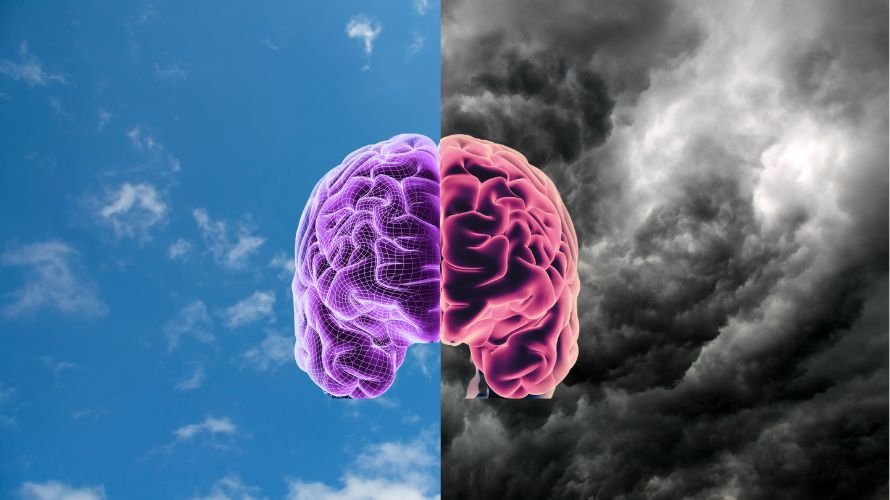
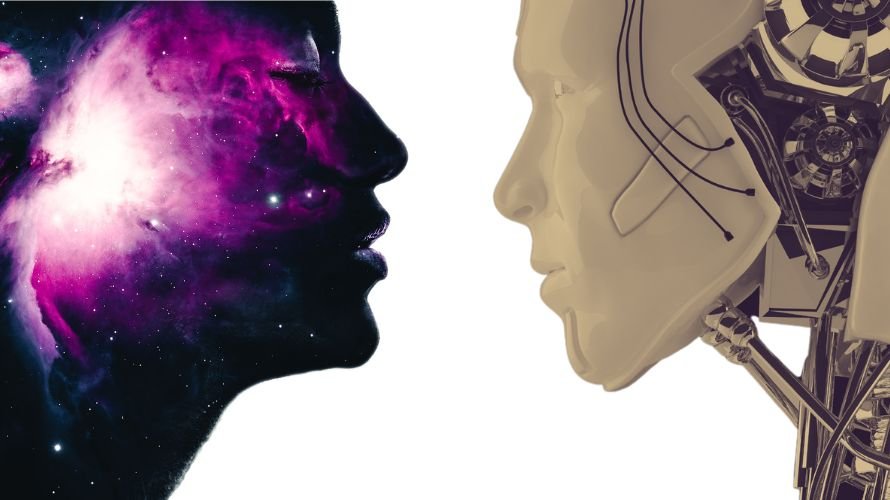

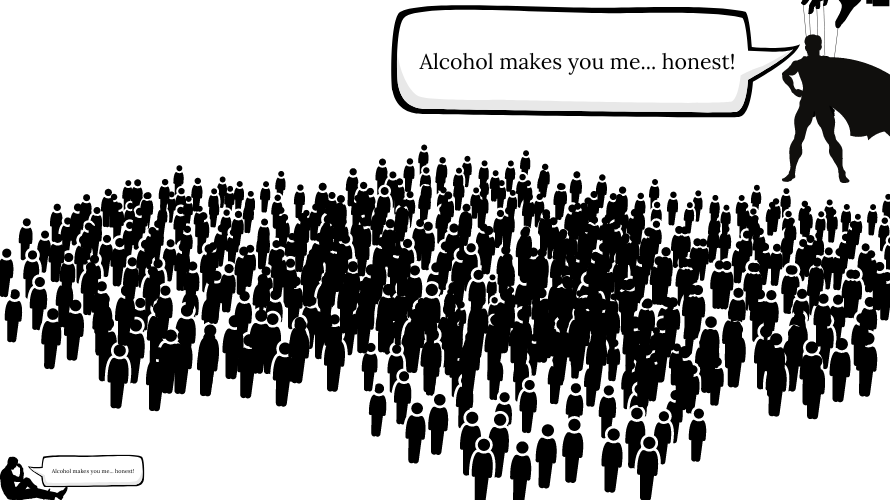
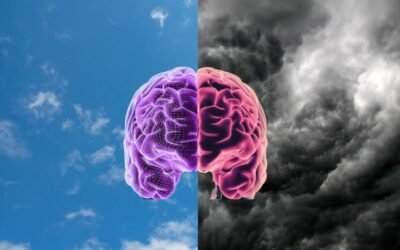
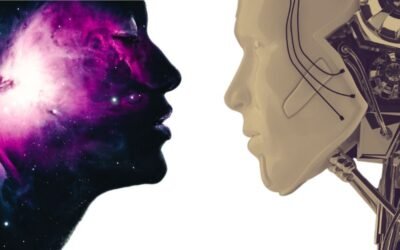

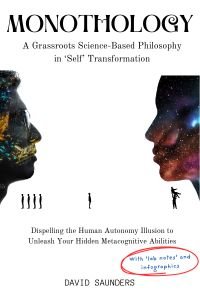
0 Comments